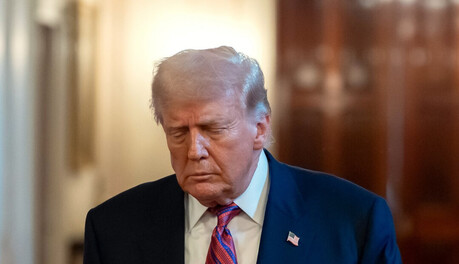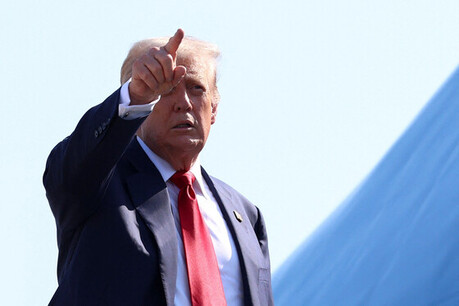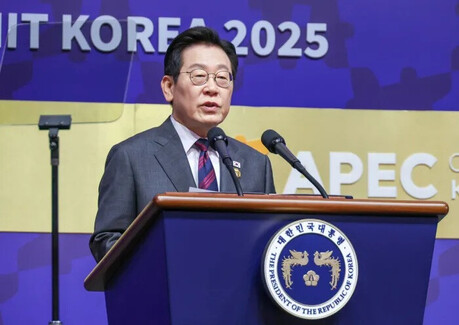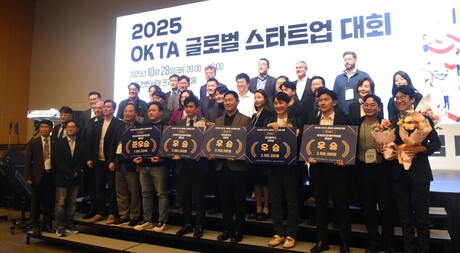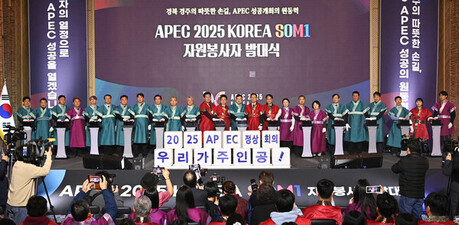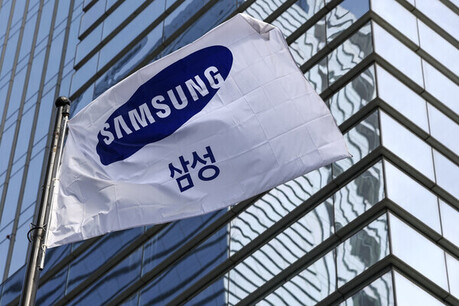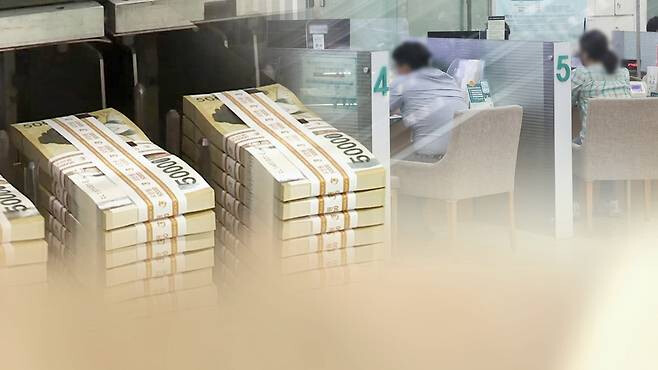
Retirement pension fees charged by financial institutions in South Korea are ballooning, while investment returns remain dismally low, failing to keep pace with inflation, according to data from the Financial Supervisory Service.
Last year, total fees levied by banks, securities firms, and insurers on defined benefit (DB), defined contribution (DC), and individual retirement pension (IRP) plans reached a staggering 1.68 trillion won ($1.28 billion USD), nearly 1.7 trillion won. This marks a significant increase from 886 billion won in 2018, with fees steadily rising each year.
The surge in fees is attributed to the continuous growth of retirement pension reserves. The current fee structure allows financial institutions to charge a fixed percentage of the total reserve, regardless of investment performance. As reserves grow, so do the fees, creating a system where financial institutions profit even when returns are meager.
Retirement pension reserves have expanded exponentially, from less than 1 trillion won in 2006 to an estimated 432 trillion won in 2024, and are projected to reach a massive 1 quadrillion won by 2032.
Despite the hefty fees, the 10-year annualized return for retirement pensions stands at a paltry 2.07%, and even the 5-year return of 2.35% falls short of the 2023 inflation rate of 3.6%. This means that in real terms, retirement pension savers are losing money.
The performance of retirement pensions pales in comparison to other public pension funds like the National Pension Service, which have achieved average annual returns of around 5% in recent years.
Under the Employee Retirement Benefit Security Act, employers are required to contribute a portion of their employees' salaries to retirement pension plans managed by financial institutions. These institutions then invest the funds and distribute the profits to subscribers upon retirement.
However, financial institutions deduct various fees for managing and administering these funds, including operation management fees, asset management fees, and fund-related expenses. These fees are charged regardless of the fund's performance, further eroding potential returns for savers.
Critics argue that the current system incentivizes financial institutions to prioritize fee collection over maximizing returns for subscribers. They are calling for greater transparency and a restructuring of the fee system to ensure that retirement pension savers receive adequate returns for their retirement.
[Copyright (c) Global Economic Times. All Rights Reserved.]
















